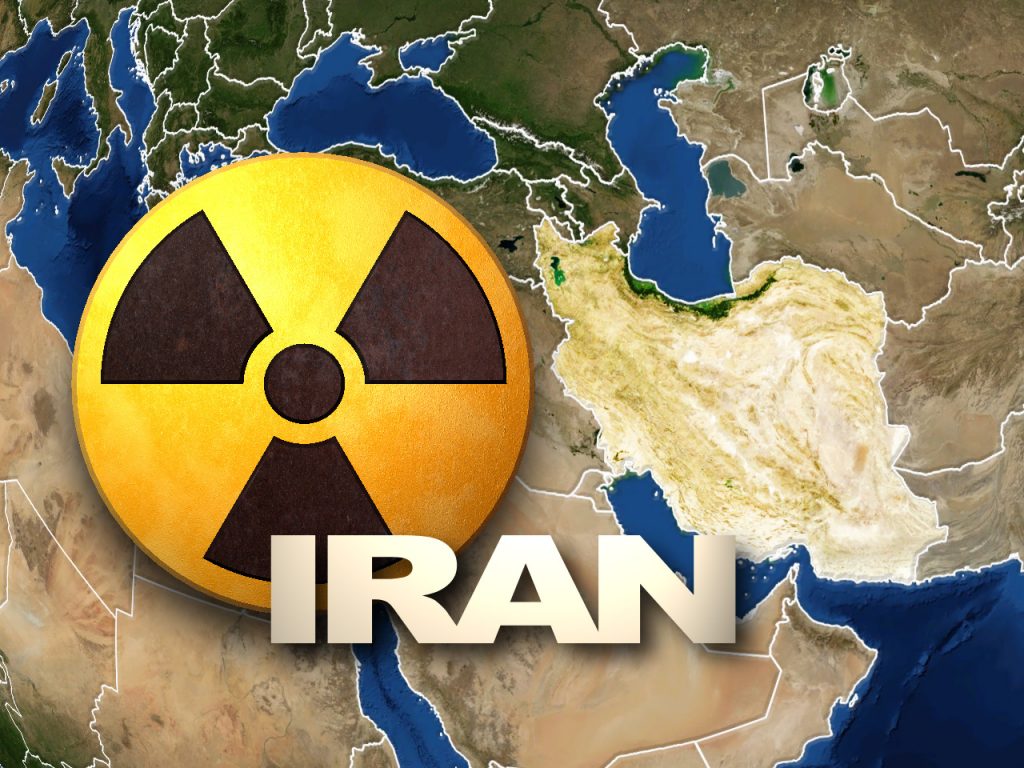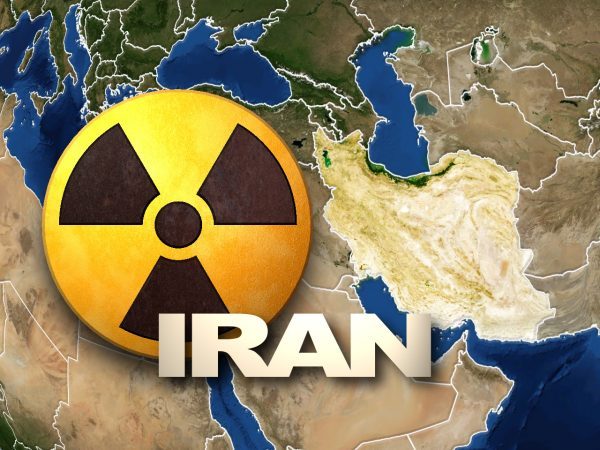Israeli officials should urge the new administration to maintain U.S. economic leverage over Iran while avoiding the personal vendettas and public policy feuds of the Obama era.

The Iranian threat—both conventional and nuclear—has a major impact on Israel’s policy calculations. While Jerusalem’s concerns regarding the dangers of a potential military conflict with the Palestinians or Hezbollah are real, they are limited in scope, as those confrontations would not put Israel’s very existence in jeopardy. In contrast, the prospect of Iran acquiring a nuclear weapon is viewed as a potentially existential threat by the Israeli security establishment; this explains why the government has allocated a large proportion of its attention and resources to slowing advances within the Iranian nuclear program and preventing its weaponization, both independently and together with allies.
Changes and fluctuations in the U.S. approach toward Iran and its nuclear program impact key Israeli national security calculations on how it ought to advance its goals of maximizing the time it takes Iran to develop a nuclear weapon while preventing the eruption of a war. The incoming Biden administration is expected to take a different approach to Iran—and Israel will need to prepare accordingly.
In recent years, during the tenure of President Donald Trump, Israel and the United States were in lockstep regarding the U.S. policy of withdrawing from the 2015 nuclear deal and imposing a so-called maximum pressure sanctions campaign on the Iranian economy. The U.S. government has proved that its economic power gives it the ability to exert enormous economic pressure—even when acting primarily alone and targeting countries that are not very deeply tied into the international economic system. The dismal economic situation in Iran following the reimposition of sanctions was significantly worsened by the health and economic crises caused by the COVID-19 pandemic.
Yet despite the U.S. success in garnering a great deal of economic leverage from its maximum pressure campaign, it is now all but a foregone conclusion that maximum pressure will not force Iran to renegotiate the nuclear deal with Trump before his term expires. Iran proved more defiant than was anticipated by the White House and Israel, and Tehran responded with its own campaign of “maximum resistance,” which included attacks on the oil infrastructure of U.S. allies, advancing its nuclear program in violation of the deal, and a refusal to negotiate. When Trump leaves office on Jan. 20, 2021, the regime’s nuclear program will be closer to the threshold than it would have been under the terms of the agreement.
When sizing up the incoming Biden administration, based on President-elect Joe Biden’s own statements as well as those of expected appointees Antony Blinken and Jake Sullivan, Israel could once again be faced with some of the policy issues that led to bad blood between the two governments during Barack Obama’s presidency. If the Biden administration rejoins the nuclear deal in accordance with its stated intentions, the bitter controversy over the agreement from 2015 may end up being relitigated between Israel and the United States. The key question will be whether this time around the two governments can more successfully bridge the policy gaps and mitigate any personal vendettas.
Despite Israeli concerns, Biden does not appear poised to try to turn back the clock four years to return to the final days of the Obama administration in a manner that will seek to reverse all of Trump’s policies and ignore the ways in which the strategic environment has changed since January 2017. From the Israeli perspective, it is important that Biden avoid quickly forfeiting the economic leverage over Tehran that the United States has derived from its maximum pressure campaign.
From the perspective of Iranian President Hassan Rouhani, Biden’s inauguration will present the regime with the opportunity, difficult as it may be to capitalize on, of striking a more favorable balance between Tehran’s mistrust of Washington and its desperate need to alleviate the economic distress, which has posed numerous challenges including consistent but sporadic unrest. That window to reach an agreement may close if the hard-line candidate wins in the Iranian presidential election set for June 2021, but not necessarily, as Iran’s Supreme Leader Ali Khamenei is also capable, if less inclined, to take a pragmatic approach to improving Iran’s economic situation through sanctions relief.
When considering the factors impacting Iranian decision-making, it seems that the regime’s dilemma will only intensify over time if the Biden administration avoids rushing into reversing the maximum pressure policy. The fact that Iran is seeking to improve its dismal economic state should inform a restrained U.S. approach to incentivizing an Iranian return to the negotiating table. It is possible that small confidence-building measures, such as the approval of a loan to Iran by the International Monetary Fund or European countries extending limited lines of credit, will be necessary in order to resume talks; the COVID-19 pandemic provides a context to present these gestures as humanitarian in nature rather than long-term concessions that reduce Washington’s negotiating leverage.
As soon as it is possible, Israel should begin coordinating positions on Iran and discussing the respective countries’ core interests with the incoming Biden administration.
In addition, the Israeli government should avoid seeking to take advantage of symbolic last-minute favors from the Trump administration, which would nurture hostility and suspicion from the Democratic Party. Despite the delay in doing so, acknowledging Biden’s electoral victory was an important step by Prime Minister Benjamin Netanyahu so as to avoid preemptively poisoning Israel’s relationship with the new White House—but Netanyahu’s subsequent and very public challenge to Biden’s planned return to the 2015 deal sets the stage for a tense relationship between the two. Discretion in its collaboration with both incoming and outgoing administrations is the name of the game for Israel.
It will be important, in Israel’s view, for the U.S. government to clarify to Iran that it will not lift all of the reimposed sanctions before striking a new and improved agreement that includes additional concessions from Iran. Israel will ask the Biden administration to focus the bulk of its efforts on the nuclear issue: extending limitations on quality and quantity of centrifuges and stockpiled fissile material so that they do not begin to expire in five years’ time, restricting research and development on advanced centrifuges, and implementing a more intrusive inspections regime.
FOREIGN POLICY


Leave a Reply
You must be logged in to post a comment.